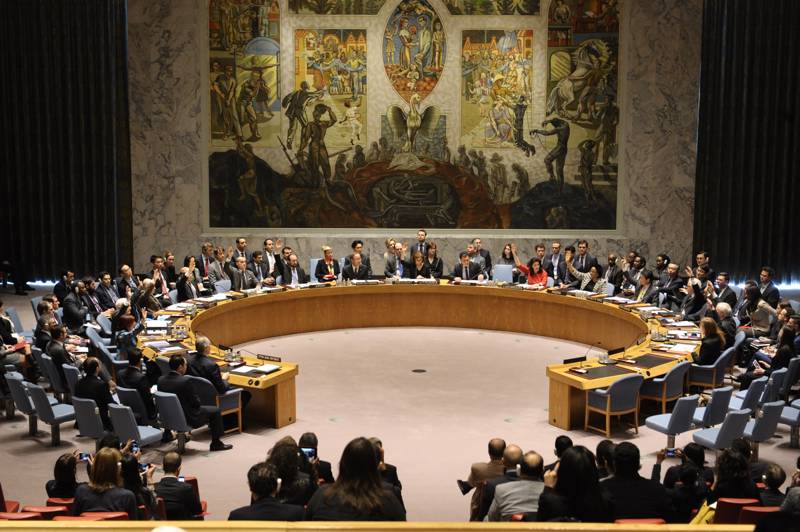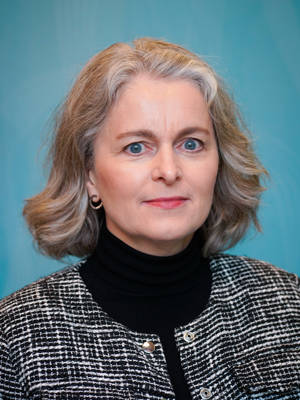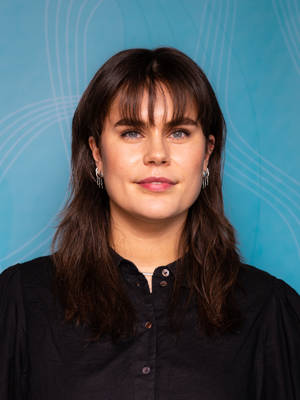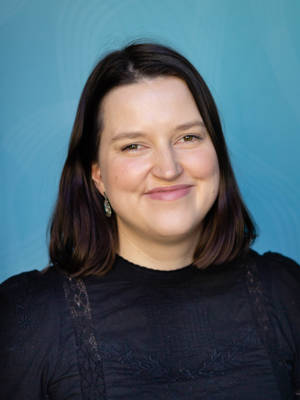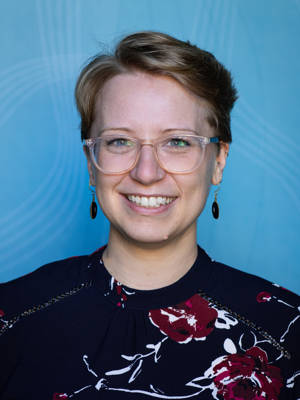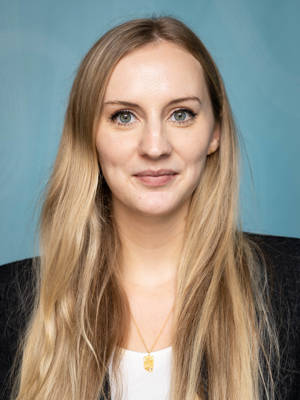2014 marked the first time in history that more than 30% of the UN Security Council's ambassadors were women. This milestone sparked media attention and was followed by several public seminars to address the impact – if any – of the high number of women on Council deliberations. In 2021 and 2022, women yet again represented over a third of the Council's permanent representatives, reflecting a significant increase from previous years. With women ambassadors increasingly reaching the highest echelons of diplomatic postings – and the UN Security Council representing the crux of international diplomacy – the question must be asked of how the growing proportion of women in diplomatic spaces affect the practice of diplomacy.
This research project will examine diplomacy as a practice through a gender lens, looking at developments in the UN Security Council over the past decade. In doing so, the project will investigate how the presence of women ambassadors shape diplomatic interactions in the Security Council, and how the gender makeup of the permanent representatives affects the policy output, working methods, and the thematic focus of the Council.
To achieve this aim, the project will employ a mixed-methods approach, using both quantitative and qualitative methodologies to address the project's central research question. We will collect data on Security Council working methods, output, and thematic agenda items to gain insight on whether – and if so, how – increasing the proportion of female ambassadors shape Security Council dynamics. These statistics will be supplemented with qualitative interviews with ambassadors currently or previously serving on the Council, as well as qualitative content analysis.
The project is led by GPS Centre Director Torunn L. Tryggestad. Project members include Nora Kristine Stai, Johanne Elvebakken, Anna Marie Obermeier and Kaja Sparre Bakke.
